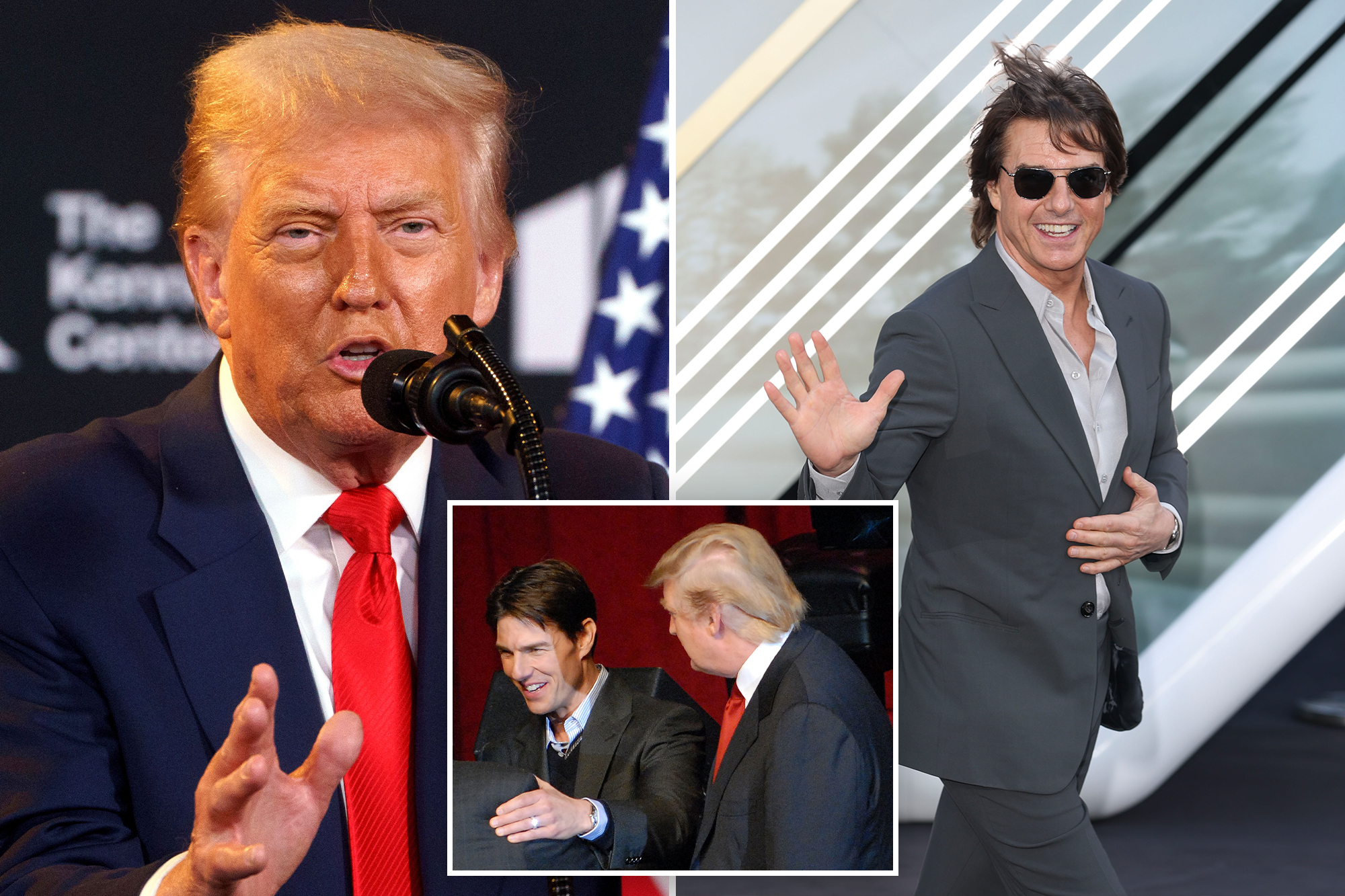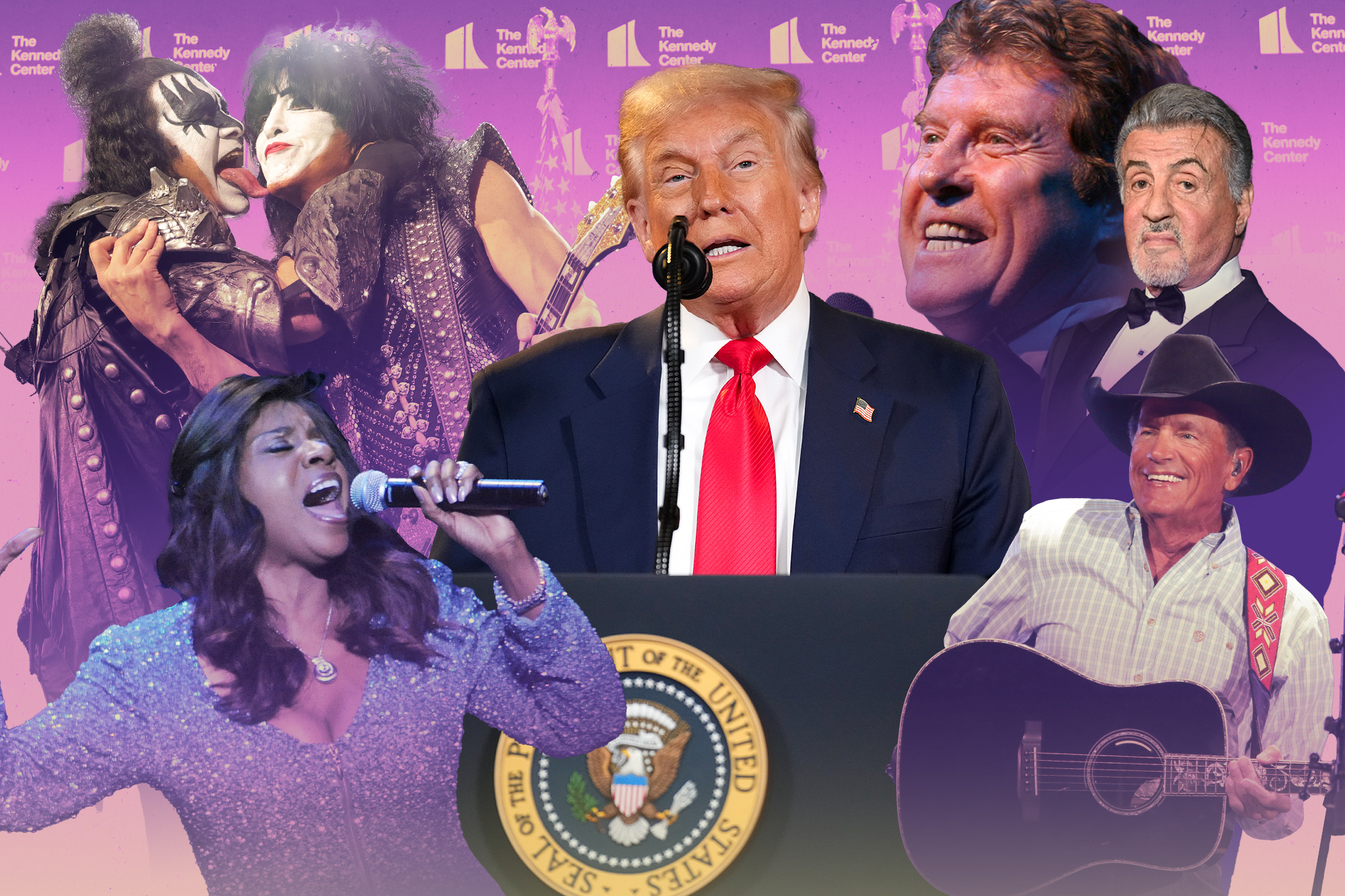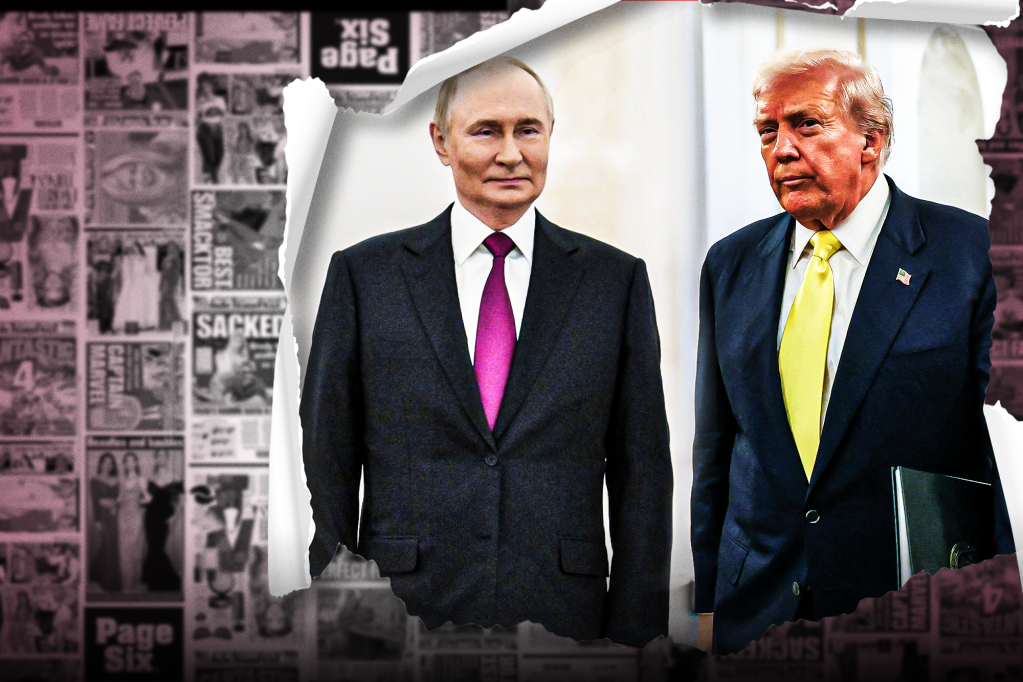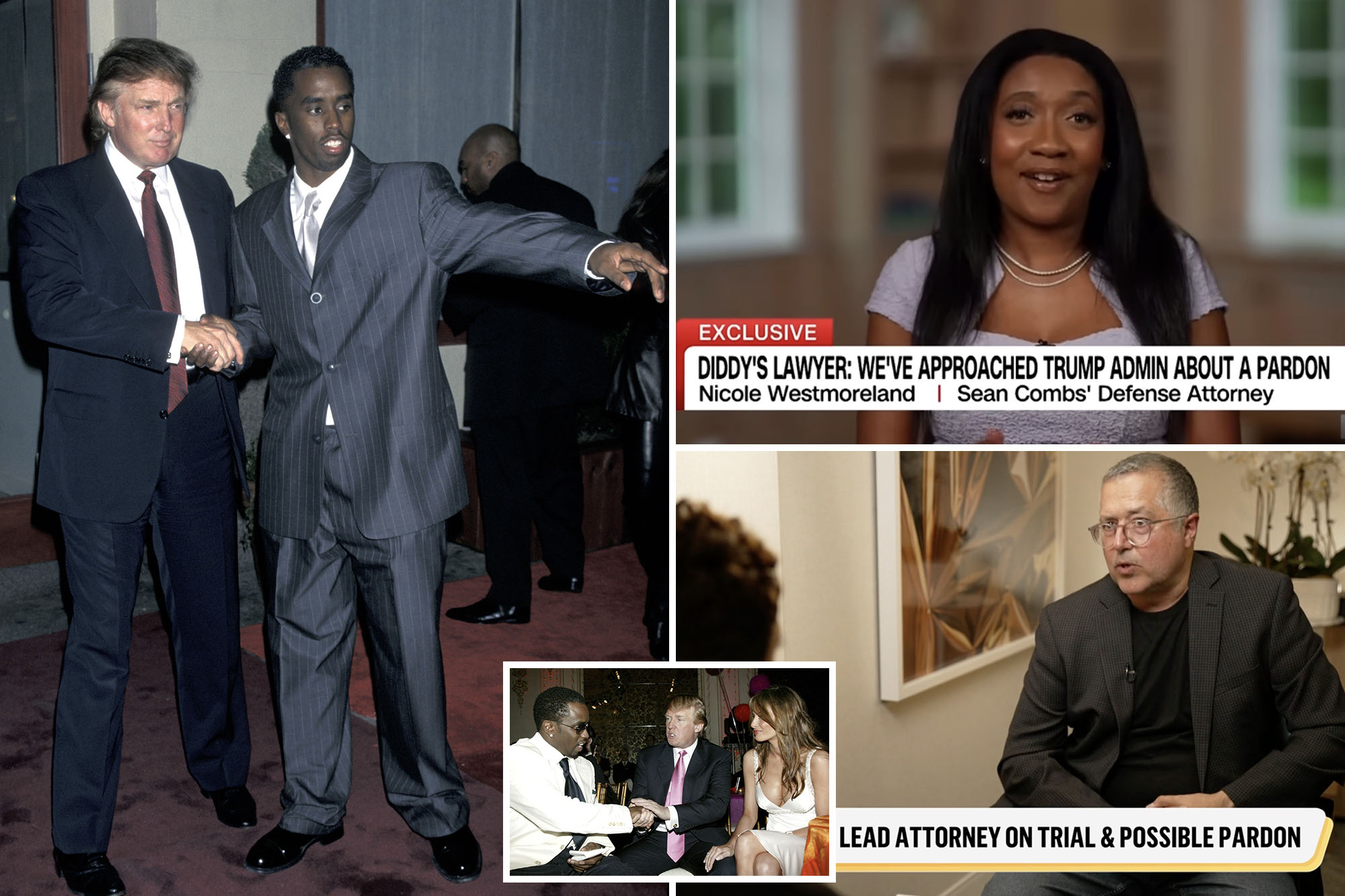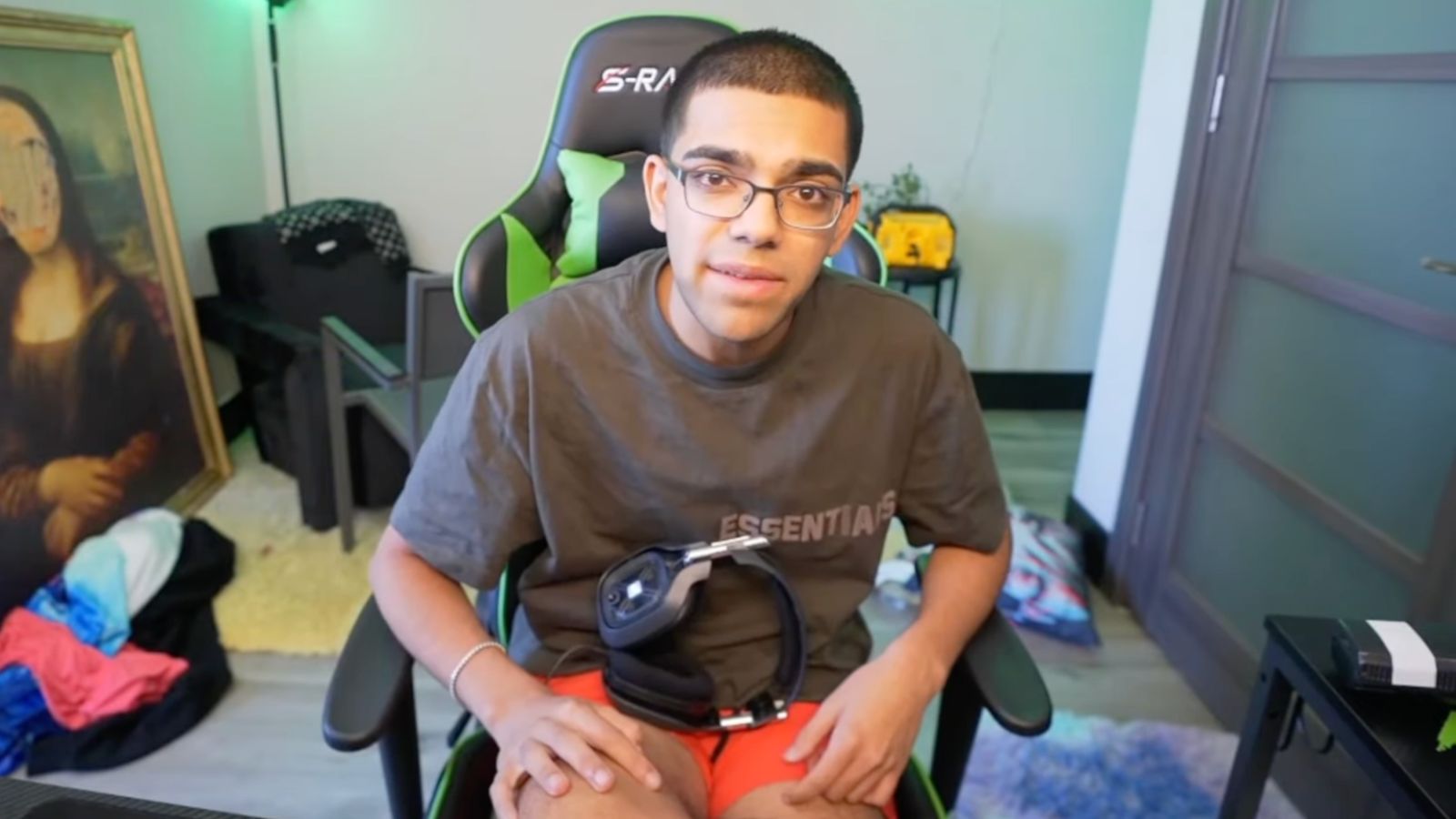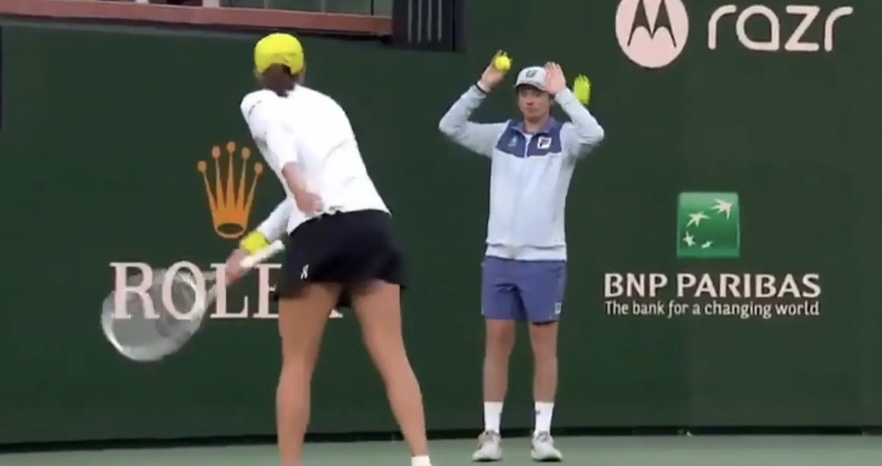During the recent summit, President Donald Trump appeared to achieve his objectives, but the reality was far more complex. The event, often treated like a reality television spectacle, obscured the serious implications of international diplomacy.
Trump's immediate aim was to divert attention from mounting scrutiny regarding his ties to convicted sex-trafficker Jeffrey Epstein. Simultaneously, he sought to shift focus from a faltering U.S. economy, which many attribute to his erratic trade policies. Both goals were met, albeit through questionable means.
However, the summit's deeper significance lay in Trump's desire for validation from Russian President Vladimir Putin. Observers noted Trump's visible delight as Putin echoed his narratives, reinforcing Trump's self-image and public persona. The dynamic resembled a child seeking approval from a parent, with Trump basking in the moment as Putin approached him.

Despite appearing fatigued, Trump perked up when Putin affirmed his long-held beliefs. The Russian leader's comments during the press conference suggested that had Trump been president, the Ukraine invasion would not have occurred. This endorsement of Trump's claims about the 2020 election being "rigged" further fueled Trump's narrative.
Trump's declaration of success was unencumbered by the absence of tangible outcomes or agreements. He rated the summit a perfect ten in a conversation with a media personality, disregarding the lack of substantive discussions or resolutions. The event's pomp and circumstance seemed hollow, especially given that no questions were taken during the press conference.
In a post-summit conversation with Ukraine's Volodymyr Zelensky, Trump suggested moving towards a peace agreement rather than merely a ceasefire. While this might seem like progress, it is essential to recognize that appearances can be deceiving.

Although Trump positioned himself as the summit's host, it was clear that Putin commanded attention and set the agenda. The shift from a ceasefire to a full peace accord originated from Putin, not Trump. Reports from within Trump's national security team indicated unease regarding Putin's steadfastness on critical issues, suggesting that the Russian leader was not genuinely interested in resolving the conflict.
Trump's threats to adopt a tougher stance on Russia contrasted sharply with his actions, which ultimately favored Putin. By inviting him to the U.S., Trump effectively ended Putin's isolation and hinted at future economic collaborations rather than punitive measures.
The summit revealed a troubling reality: Putin recognized Trump as a figure more suited for reality television than serious governance. By providing just enough affirmation for the cameras, Putin underscored Trump's vulnerabilities and transient nature in international politics.

As the event concluded, Trump's demeanor suggested an awareness of his limitations. He appeared drained and disengaged, embodying the very image he had projected onto his political rival. His comments hinted at a retreat from future negotiations, raising doubts about his capability as a leader.
In Alaska, amidst the pageantry of diplomacy, Trump may have begun to confront the truth about his role on the world stage. The resignation in his expression as he departed suggested a longing for the familiar realm of television—a space where he thrived away from the complexities of global leadership.



